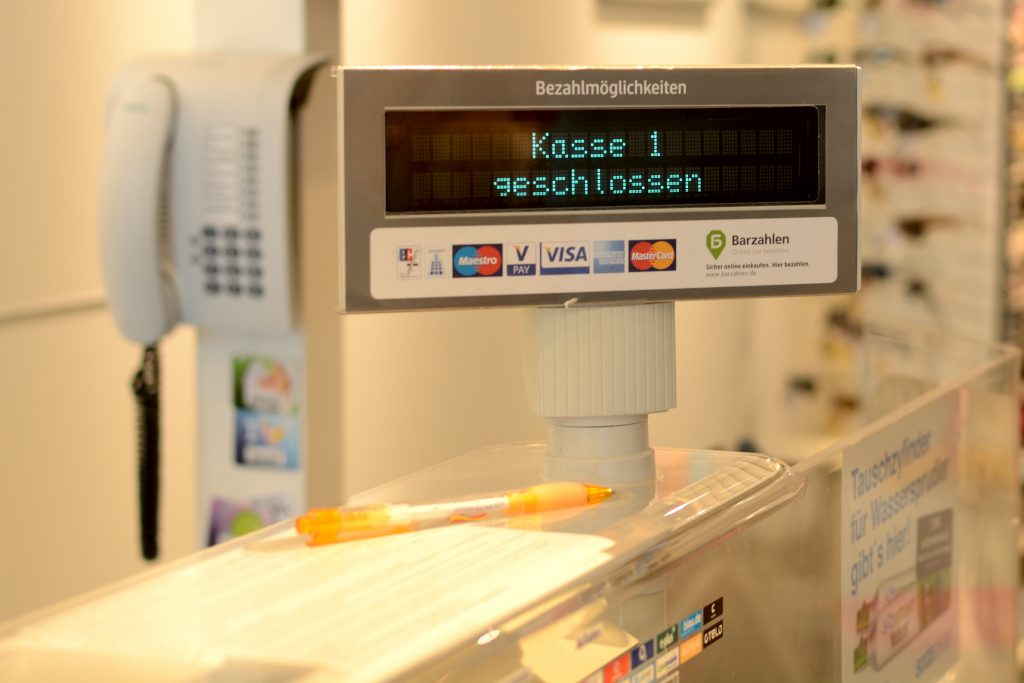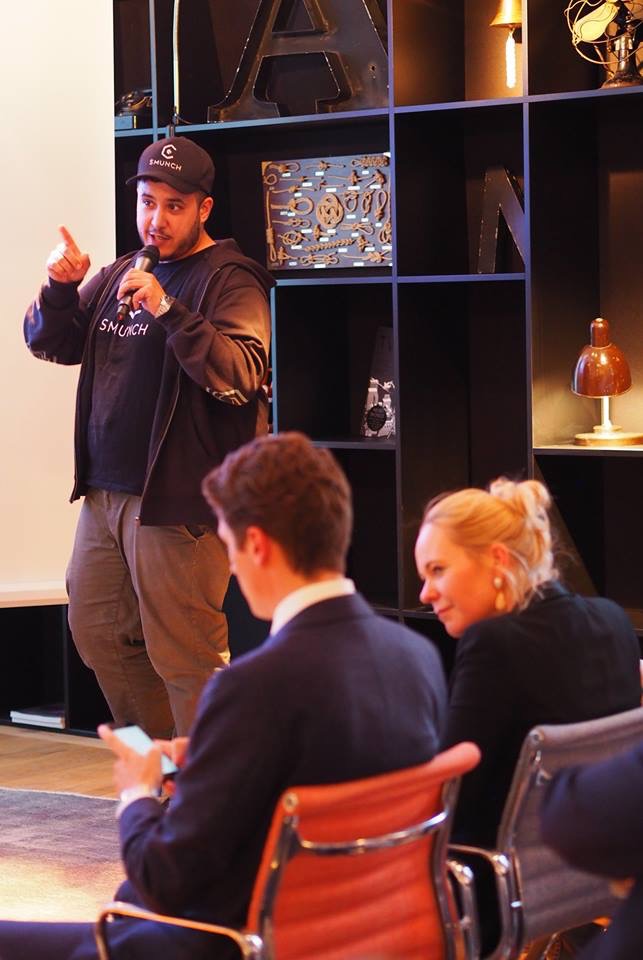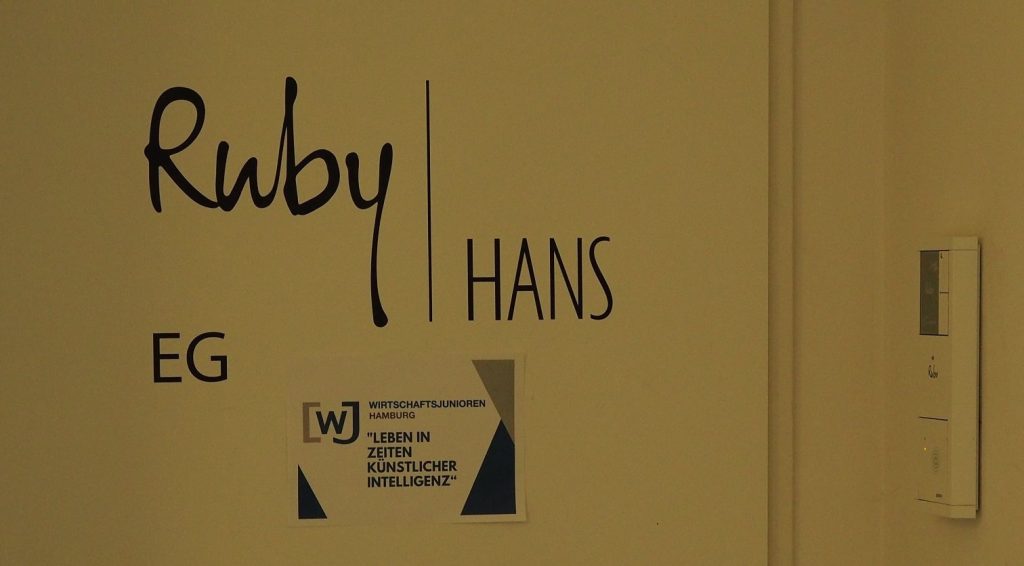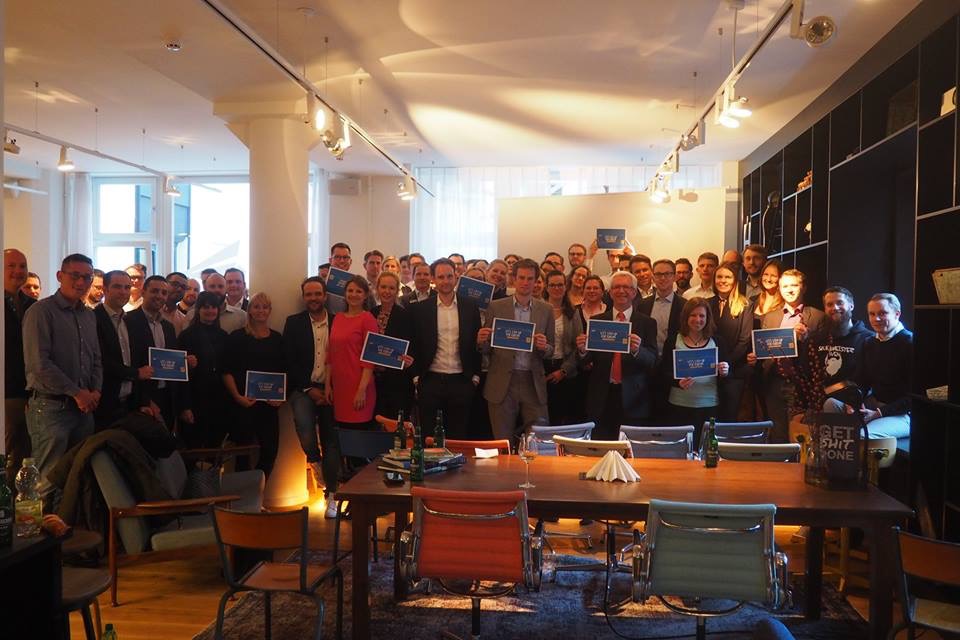Author: Jochen Werne
First published in German at LinkedIn Pulse on July 20, 2019. Please find article and sources in this link. Publication in English language pleas find below
On the role of cash in a modern society between technological progress and freedom
Fyodor Mikhailovich Dostoyevsky, one of the most important writers of the 19th century, impressively describes in his works the great existential and spiritual conflicts in which mankind was caught at the dawn of modernity. Not only his observations during the turbulent times of the upheaval of the Russian Empire in the 19th century, but also his personal experiences are an essential part of his work.

At the age of 28 and at the beginning of a promising career as a writer, Dostoevsky was sentenced to four years in a Siberian prison camp. The reason for this was his participation in meetings of the Petraschwezen, an intellectual circle that spoke out against tsarist despotism and serfdom. In his novel, “The House of the Dead”, which also describes Dostoyevsky’s own experiences in Siberian captivity, he formulates the sentence that was later much quoted: “Money is coined liberty”. The sentence describes the vital relevance of the possibility of a free exchange of goods in an unfree environment – and this through coined cash money.
More than 150 years have passed since the first publication of the work. Europe needed to go through the age of Enlightenment, the experiences of two world wars and a long cold war to become a peaceful and very liberal place for its citizens. A place which is putting the dignity and freedom of the individual first.

The freedom in our payment options has also multiplied thanks to technological progress. It is part of our everydays life to pay the morning croissant at the bakery, the new monthly ticket for the subway or even the use of public toilets – even without cash. Technological progress, the smartphone revolution and also our user behaviour made this evolution in payments possible. “Digital payments” have become part of our progressive society. However, the aspect of not having money physically tangible sometimes entails interesting and also unwanted aspects.
Society in upheaval
Like Dostoevsky, we also live in a time of extreme social, economic and political upheaval. An age in which exponential technology developments, industries and business models are changing radically and countries competing for dominance in areas such as artificial intelligence. It is a time when transformation is the new normality and an agile corporate culture is the key to success. In these times, for many it became clear that, “Everything that can be digitized will be digitized.” And thus the question inevitably arises whether this also applies to the first “Instant Payment” solution humans invented, one of the earliest and most sustainable achievements of civilization – cash.

Germans love affair with cash
If we look at Germany, cash is still one of the most popular payment methods and – culturally speaking – will probably remain for quite some time to come. According to a survey by the Bundesbank, 88 percent of German citizens continue to regard cash as their preferred means of payment. This cultural imprint can certainly also be traced back to modern history and the personal experiences of the Germans with their money. Beginning with the traumatic experience of hyperinflation during the Great Depression of 1923 and the resulting deep-rooted German understanding of the importance of a central bank independent from politics.
A painful experience, which states even today – like Venezuela – live through again and again and whose causes are often identical. In Reinhard and Rogoff’s bestseller book “This time is different”, this phenomenon is brilliantly explained using an analysis of 800 years of international economic history.
The positive image of (cash) money in Germany was impressively advanced after the end of the 2nd World War. From the currency reform of 1948 and the beginning of the economic miracle with 40 D-Mark, which every German was allowed to hold physically in his hands, to the 100 D-Mark welcome money at the reunification in 1989. These personal experiences paired with a consistently brillant independent work by the German Bundesbank – which always gave the population the feeling of having a strong, stable and secure own currency – are all German experiences, which were literally “obvious” and shaped the cultural reference of the country and its citizens.

The current freedom of our payment options is certainly good, as long as we consumers are free to decide which means of payment we pay with. Discussions about a possible restriction of citizens’ freedom of choice, for example through the abolition of cash, regularly call on intellectuals to take a warning position. The poet Hans Magnus Enzensberger, for example, has the following opinion on the subject of “restriction”: “Those who abolish cash abolish freedom”. Also former Deutsche Bundesbank board member Carl-Ludwig Thiele said at a conference in 2015: “Abolishing cash would hurt consumer sovereignty — the free choice of citizens about their payment instruments“ and “Government agencies do not have the right to tell citizens how they should pay.”
Having “physical power of disposal” over money, i.e. holding the banknote in one’s hands, immediately establishes a much stronger relationship for the value of something than a number on a display. More than ten years ago, the US scientists Raghubir and Srivastava in their essay for the “Journal if Experimental Psychology: Applied” described that the degree of abstraction often poses a problem when it comes to means of payment. They found a correlation between the indebtedness of individuals and the use of credit cards.
In Germany, the trend towards digital payment became apparent for the first time last year. In this period consumers in the stationary retail sector spent more money on checking and credit cards than in cash, as the trade research institute EHI recently announced.
However, this does not mean that customers will soon only pay by card or smartphone, the experts emphasized at the same time. Three-quarters of all retail purchases continue to be settled in cash. When it comes to the highly sensitive issue of “money”, many consumers continue to find it difficult to trust the comprehensive healing promises of an omnipresent digital world.
In order to ensure that cash and book money continue to be equally available, the players involved in the cash cycle, such as CIT companies like Prosegur, ATM operators like IC-Cash, banks like Bankhaus August Lenz et al., are working concentrated to make the provision of cash at all locations even more efficient and cost-effective. Both the providers of cash solutions and those of digital solutions experiment therefore with the latest blockchain and AI technologies to reach the before mentioned goals.
Technological vulnerability and fall-back option
Especially in extreme scenarios, such as catastrophes or other failures of a digital infrastructure due to cyberattacks, natural events or simply technical failure, it becomes clear how cash – by its very nature – proves to be actually the most robust payment method. Ultimately, it is not tied to electricity, digital infrastructures, passwords or other technical features – it is simply available. An interesting recent anecdote occurred in Sweden, which is one of the most advanced countries in cashless payment. A country where even the traditional church collection is now equipped with a card reader. At the Bråvalla music festival 2014, for example, the memory chips on the admission tickets went on strike. Thousands of thirsty fans sat on dry land and had to write out promissory notes for their drinks by hand. An experience that can be observed again and again when paying at the checkout, when the magnetic stripe of a card or simply the card reader does not work and the views of the people standing around in the queue are impatiently looking at the payer and trying to catch a glimpse of the name on the card of the supposedly non-solvent unlucky fellow.
Data Protection Best Practice
In an interview with Rheinische Post in February 2017, Klaus Müller, head of the Federal Association of Consumer Groups (Bundesverband der Verbraucherzentralen), said “Cash is data protection in practice”. He added: “Unbarred figures leave traces of data that can be used commercially to create a consumer profile. This data may be illegally “fished” by third parties.” Now Müller points to nothing new here and opponents of cash, use the argumentation to underline that the supposed anonymity of cash can be used for illegal business and transactions and that the suppression of cash stands above the protection of privacy. But since the first publication of the interview, the introduction of the EU General Data Protection Regulation (GDPR), the recently imposed $5 billion fine against Facebook for the Cambridge Analytica scandal and similar events, the sensitivity of the European population with regard to data protection and privacy has grown substantially.
Financial privacy
In the closing sentence of his speech at the Cash Symposium 2018 of the Deutsche Bundesbank, the former judge of the German Federal Constitutional Court, Prof. Dr. Udo Di Fabio, underlined the probably most important point in the current discussion about cash. He said that in principle it is “not to be underestimated” that every citizen has the souvereignity of the free disposal of his money – of his personal “exchangeable assets”. He further added that this is particularly true when “financial privacy” is considered legally imperative. In other words, a society whose entire assets would be managed in digital form only, could also exercise only limited individual control over its money and would have to ask itself, “whether the state would be entitled via its central bank to carry out a controlled devaluation through negative interest rates, accounting discounts or fees on credit balances”. Prof. Di Fabio further points out that this would then not only be a property encroachment, but as a result possibly also the imposition of a special levy, which is permitted in the German legal system only under narrow conditions.
For young Fjodor Mikhailovich Dostoyevsky the conversion to book money in the Siberian prison would have meant the withdrawal of his individual sovereignity over money, so that he would not have had any more the fortune of using cash for the exchange of goods and other things. He describes the quintessence of this situation as follows: The suffering of prisoners who don’t have money is 10 times greater.
Thus, it is reasonable to assume that the intellectual serious discussions about cash and civil liberty rights would delight Dostoyevsky, with his experiences in an unfree society.
Our open and liberal society is characterised by the fact that we have and continue the discussion about “Coined Liberty 2.0” at this level.



















